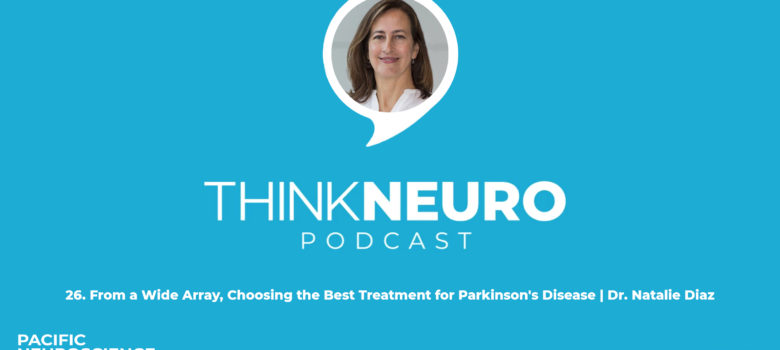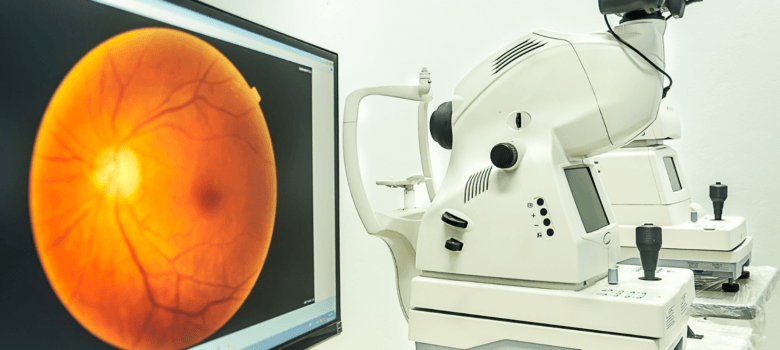
Blog
iPACES: Neuro-exergame Study for Patients With Mild Cognitive Impairment
by Guest Author
Multi-center trial iPACES, launches to study the connection between exercise and brain health with a specialized and patented neuro-exergame.
From a Wide Array, Choosing the Best Treatment for Parkinson’s Disease | Dr. Natalie Diaz
by Anthony Effinger
When you’re a doctor treating Parkinson’s disease, it’s a matter of picking the most appropriate arrow from your quiver. There is no cure for the disease yet, but there are more than 20 different medications that can improve a patient’s wellbeing. Dr. Natalie Diaz, a neurologist who specializes in movement disorders, is familiar with all of them.
AI Analysis of Retinal Photography May Predict Serious Health Issues
by Amelia Garrison
A recent study conducted by researchers in China, Australia, and Germany, indicates that AI analysis of retinal photography may help medical professionals identify health complications before symptoms appear. The study coupled Deep Learning (DL) and Artificial Intelligence (AI) to analyze images from the back surface of the eye, or fundus, which is comprised of neural tissue. The results have opened the door to the future of personalized (and preventative) medicine.
Alzheimer’s FAQs (3/3): Tips for supporting a loved one with cognitive decline
by PNI Experts
When supporting people with cognitive impairment, it can be helpful to remember that memory problems, personality changes, and other functional limitations are not intentional. A little patience can go a long way…and when it comes to dementia we could all use a little more empathy.
Alzheimer’s FAQs (2/3): How soon should my family or friends see a doctor for memory loss?
by PNI Experts
When it comes to memory concerns, for a number of reasons, typically the sooner these can be evaluated the better. For one thing, for the many of us that may be perpetually worried about potential memory problems—fearing that every time we misplace our keys we must be experiencing the first signs of dementia—getting evaluated can be a great way to put our minds at ease.
Alzheimer’s FAQs (1/3): What if my family or friends have cognitive decline?
by PNI Experts
Talking to a loved one about cognitive decline can be a real challenge. Often people with cognitive changes may not have “insight” into their condition—not recognizing changes that may be quite noticeable to others. In addition to general “forgetfulness,” some of the common signs and symptoms that might prompt concern.
Last updated: April 21st, 2022





